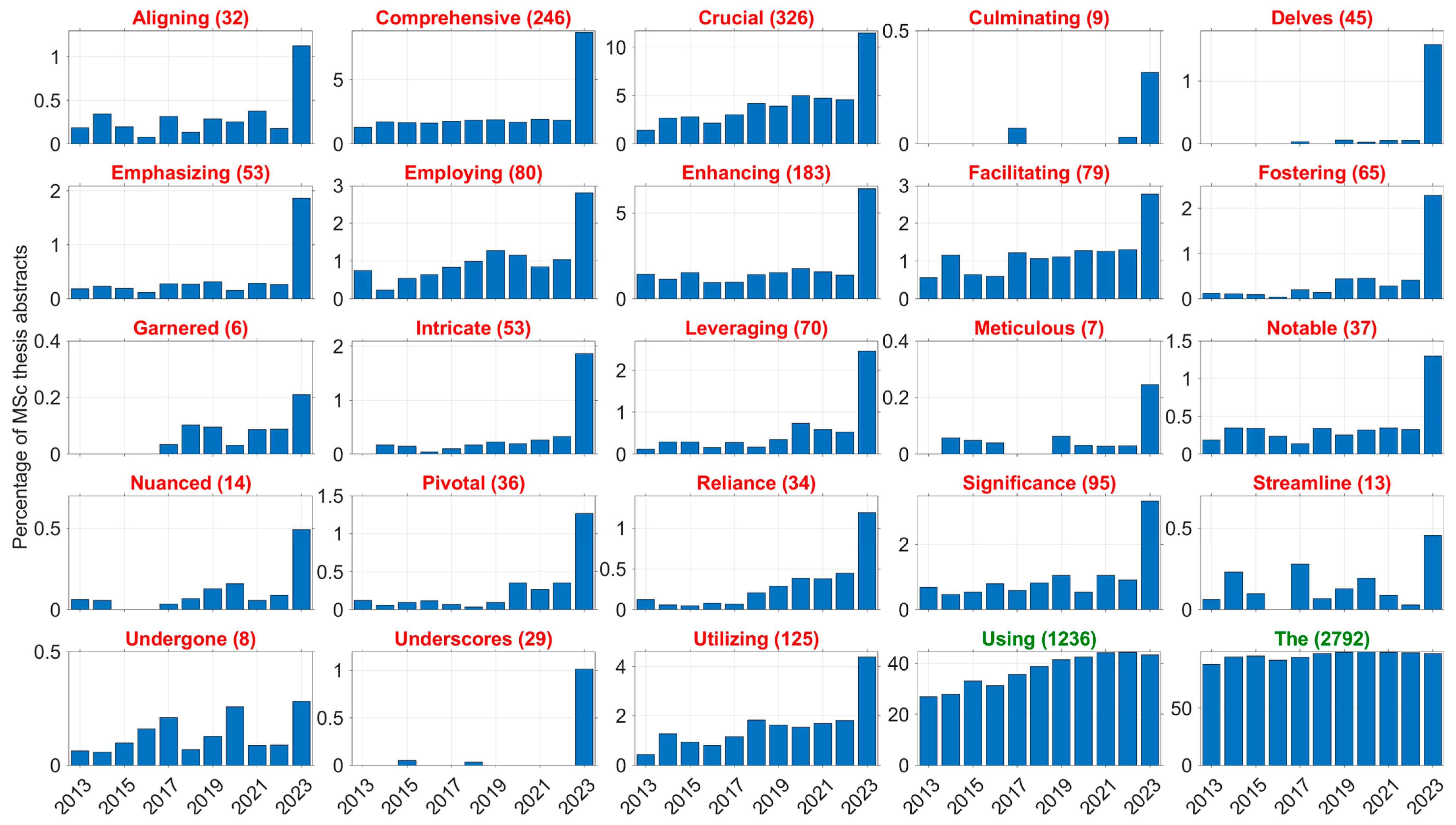Generate
Always give clear instructions when asking GenAI to write a text. Be sure to mention:
- the type of text: essay, article, summary, research proposal, creative story …
- the target audience: fellow students, lecturers, general public, young people, specific professional groups …
- the purpose of the text: to inform, persuade, analyse, entertain, reflect …
You are an experienced writer with expertise in [field]. Write a [type of text] for [target audience] with the purpose of [purpose of the text]. The text must include [specific requirements or guidelines, such as length, tone, style, etc.]. Make sure to cover the following points: [key points or topics to include].
Copy the prompt below using the copy button in the top right corner and try it out in a language model of your choice.
You are an experienced writer with expertise in climate change. Write an essay for fellow students with the purpose of analysing the impact of climate change on urban areas. The text should be about 1500 words long and have an academic tone. Be sure to address the following points: the causes of climate change, the effects on urban areas, and potential solutions.
Extra tips
- Edit and refine: Use the generated text as a foundation and adjust it to your own style and requirements.
- Check the content: AI sometimes makes mistakes. Make sure to verify the accuracy of the information.
- Break down longer texts: For multi-page texts, ask to generate them part by part.
TU Delft, a Dutch university, researched how teachers can detect ChatGPT use. The graph below shows that certain keywords have appeared much more frequently in theses since the arrival of ChatGPT.
Are you a teacher or lecturer? You can read the full study here.
